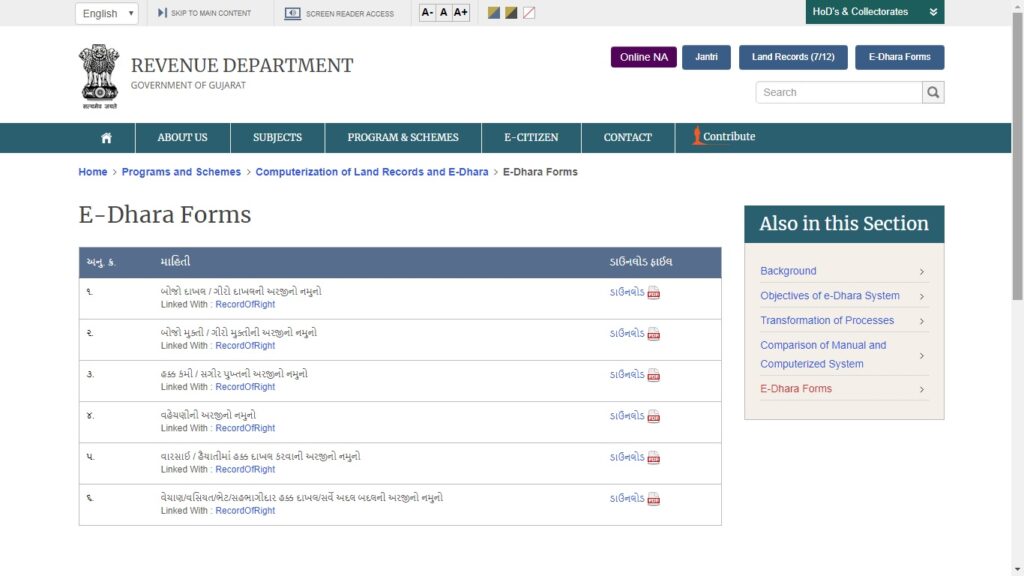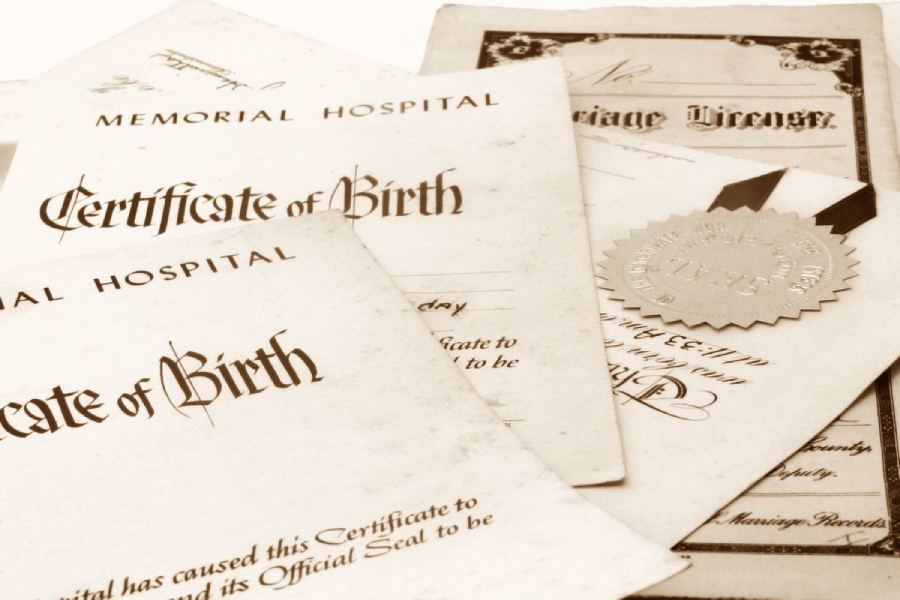Section 5 – Charitable And Religious Trusts Act, 1920
Procedure on petition (1) If the court on receipt of a petition under section 3, after taking such evidence and making such inquiry, if any, as it may consider necessary, is of opinion that the trust to which the petition relates is a trust to which this Act applies, and that the petitioner has an […]




